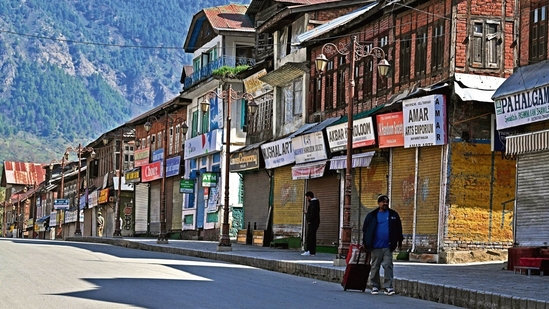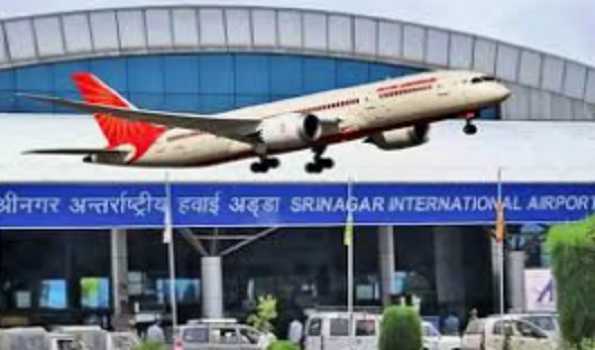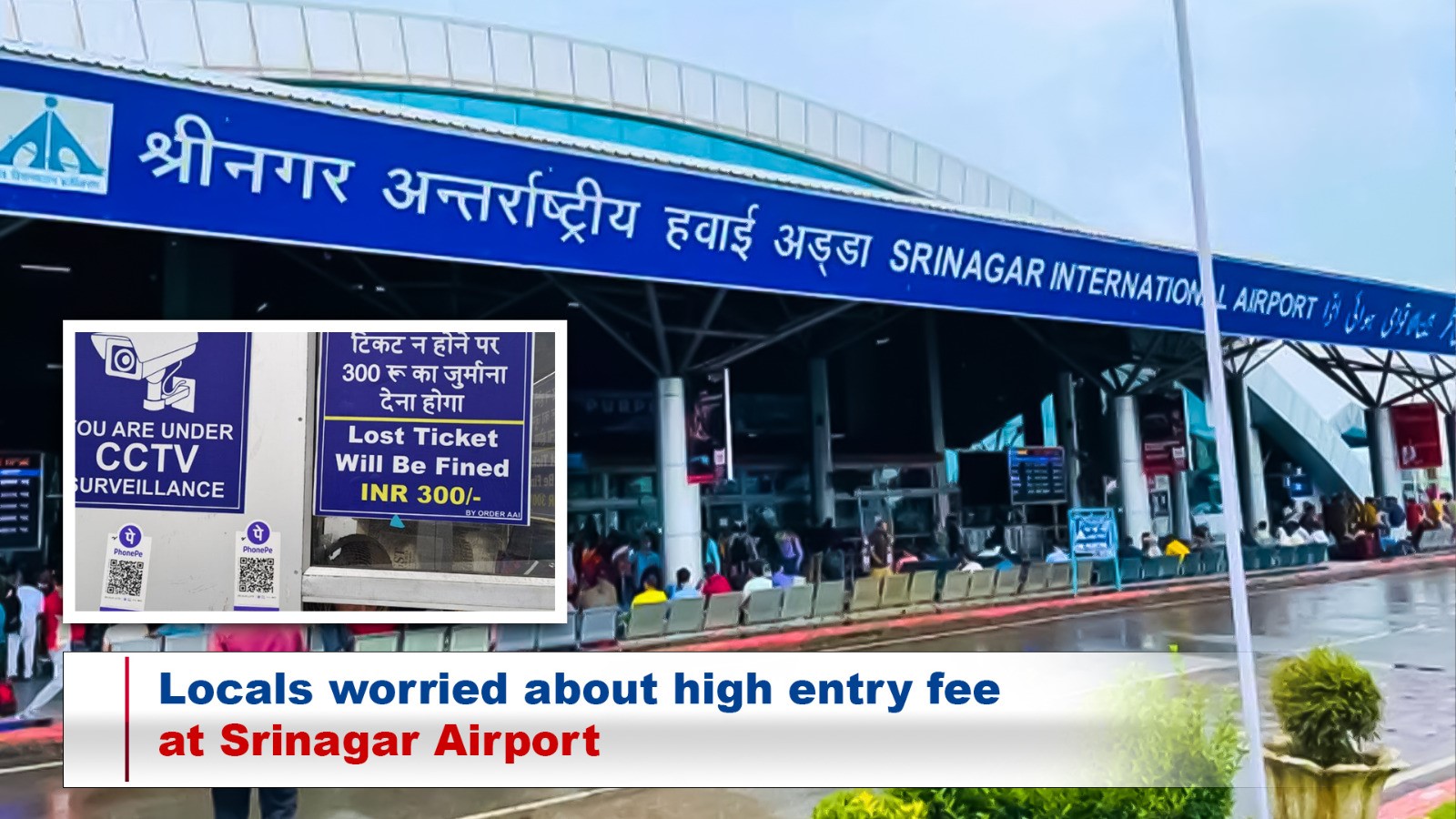Not Just Tourism: Entire Kashmir Economy Hit Hard by Post-Pahalgam Attack Slump
Srinagar 22 May 2025: The Pahalgam terror attack on April 22, 2025, has sent shockwaves through Kashmir’s economy, affecting multiple sectors beyond tourism. While tourism is a major contributor to the region’s GDP, the economic aftershocks of its decline have exposed the deep interdependence of various industries, including trade, infrastructure, agriculture, and local businesses.
The attack, which claimed 26 lives, led to mass cancellations, wiping out the peak tourist season. However, the economic downturn extends far beyond tourism, impacting employment, investment, and market confidence. Business leaders are urging the government to implement immediate relief measures to prevent further economic damage.
Tourism Collapse: The First Domino to Fall
Tourism has always been a cornerstone of Kashmir’s economy, contributing ₹21,000 crore annually. The attack triggered a wave of cancellations, with hotel occupancy rates plummeting and travel bookings dropping by 64%. Airlines have reduced flight frequencies, and local businesses dependent on tourism—such as shikara operators, handicraft sellers, and transport providers—are facing severe financial distress.
Key Tourism Statistics Before & After the Attack
| Metric | Before Attack (2024) | After Attack (2025) |
|---|---|---|
| Tourist Arrivals | 2.36 crore | Drastically reduced |
| Foreign Tourists | 65,452 | Sharp decline |
| Amarnath Yatris | 5.12 lakh | Uncertain numbers |
| Mata Vaishno Devi Pilgrims | 94.56 lakh | Significant drop |
Retail & Local Businesses: A Chain Reaction
The economic void created by the tourism slump has affected local businesses, particularly in Lal Chowk, Srinagar, where shopkeepers report a 70% decline in footfall. The loss of a tourist season means lost wages, fewer opportunities, and a slowdown in consumption, affecting thousands of informal jobs.
Impact on Local Businesses
- Handicraft Industry: Artisans dependent on tourist purchases are struggling.
- Transport Sector: Taxi drivers and tour operators face massive income losses.
- Hospitality Industry: Hotels, guest houses, and restaurants are operating at minimal capacity.
Infrastructure & Investment: Stalled Growth
The economic uncertainty has led to stalled infrastructure projects, further deepening the crisis. Investors are hesitant to fund new developments, fearing long-term instability.
Major Infrastructure Projects Affected
- Road & Highway Expansion: Delays in key projects due to funding concerns.
- Smart City Initiatives: Investment slowdown in urban development.
- Power & Energy Projects: Reduced investor confidence in long-term sustainability.
Agriculture & Horticulture: Ripple Effects
Kashmir’s agriculture sector, particularly fruit farming, has also suffered. Strawberry farmers report plummeting prices, as reduced tourism has lowered demand. The apple and cherry industries, which rely on seasonal labor, are facing uncertainty.
Key Agricultural Challenges
- Reduced Market Demand: Fewer tourists mean lower fruit sales.
- Labor Shortages: Seasonal workers are struggling to find employment.
- Export Disruptions: Uncertainty in trade agreements affecting fruit exports.
Employment Crisis: Thousands at Risk
The economic downturn has put thousands of jobs at risk, particularly in tourism, retail, and agriculture. Business leaders warn that without government intervention, the unemployment rate could skyrocket.
Job Loss Estimates
- Tourism Sector: Over 50,000 jobs affected.
- Retail & Trade: Thousands of shopkeepers facing financial distress.
- Agriculture & Horticulture: Seasonal workers struggling to find employment.
Government & Industry Response
Recognizing the severity of the crisis, business leaders have sent memoranda to the government urging financial aid, including soft loans and moratoriums on existing debts. The Chamber of Tourism, Trade, and Industry Katra (CTTIK) has requested a comprehensive relief package, including deferment of EMIs, interest subvention, and postponement of utility bill payments.
Government Initiatives
- Tourism Revival Campaigns: The “Chalo Kashmir” initiative aims to restore traveler confidence.
- Security Enhancements: Strengthening security measures to reassure visitors and investors.
- Financial Relief Measures: Proposed soft loans and debt moratoriums for affected businesses.
Future Economic Outlook
The long-term impact of the Pahalgam attack will depend on government intervention, security stability, and renewed investor confidence. Experts warn that without immediate action, Kashmir’s economy could face prolonged stagnation.
Potential Recovery Strategies
- Diversification of Economy: Reducing dependence on tourism by expanding manufacturing and technology sectors.
- Infrastructure Investment: Accelerating development projects to boost employment.
- International Trade Expansion: Strengthening export agreements for horticultural products.
Bottom-Line
The Pahalgam terror attack has exposed the vulnerabilities of Kashmir’s economy, affecting tourism, retail, infrastructure, agriculture, and employment. While recovery efforts are underway, the long-term impact will depend on strategic government intervention and economic resilience. Business leaders and policymakers must act swiftly to restore stability and prevent further economic damage.



